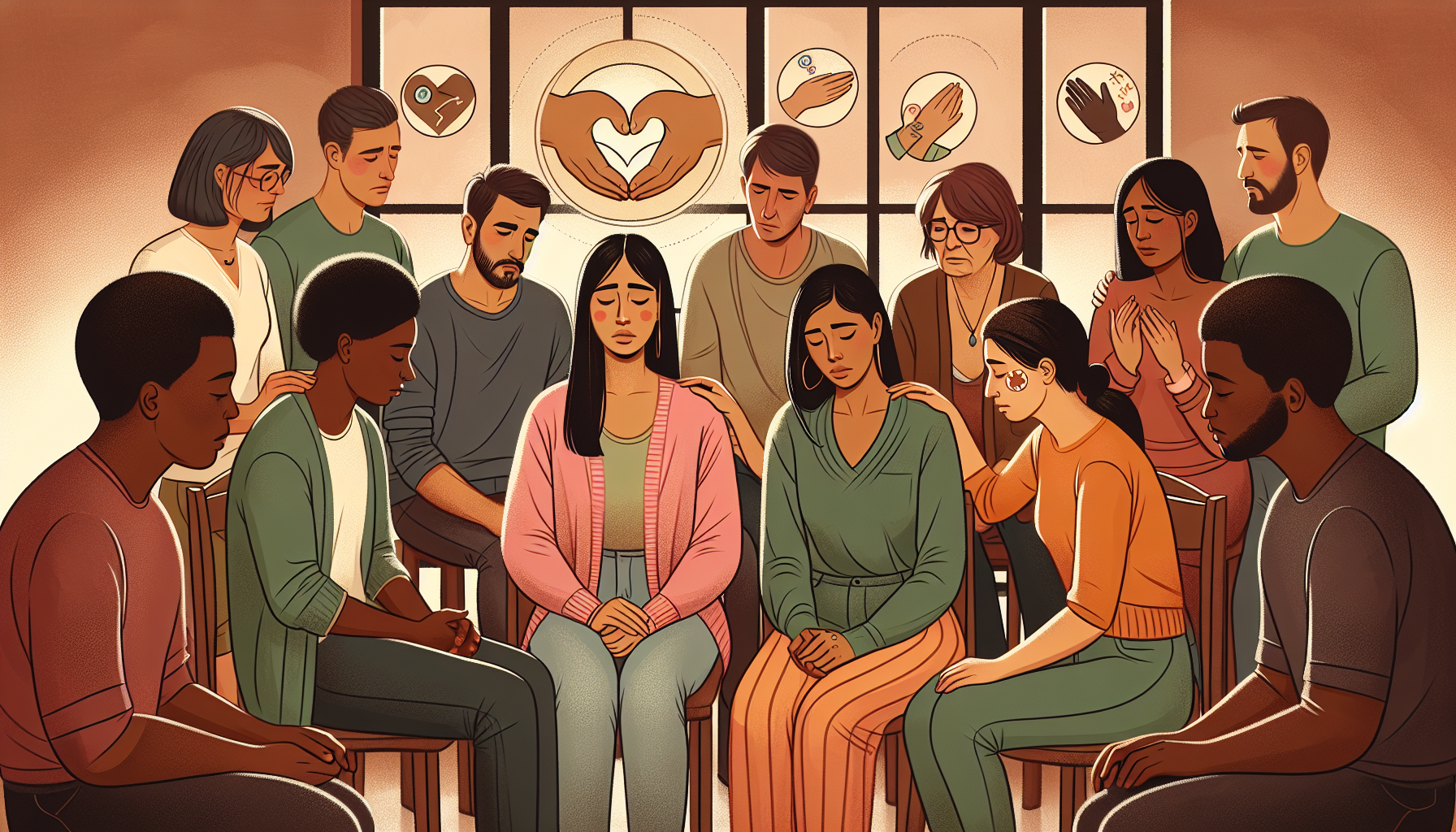Recovery from addiction is not a path walked alone. While medical professionals, treatment programs, and family members play important roles, the sponsor-sponsee relationship stands out as one of the most profound connections a person in recovery can have. Sponsors provide more than just accountability; they offer guidance, empathy, and a living example of hope. For those navigating sobriety, the presence of a strong sponsor can make the difference between isolation and connection, between relapse and resilience.
The Role Of A Sponsor
At its core, sponsorship is about shared experience. A sponsor is usually someone who has walked the path of recovery themselves and is willing to guide another person through the challenges of sobriety. They are not therapists or authority figures. Instead, they serve as mentors and companions, offering wisdom drawn from their own struggles and victories.
This connection is grounded in understanding. When someone in early recovery shares fears or setbacks with a sponsor, they know they are speaking to someone who has likely felt the same way. That recognition alone creates an environment of trust. Unlike friends or family who may sympathize but not fully grasp the internal battle of addiction, a sponsor brings firsthand insight. To learn more about the tools and resources that strengthen sponsor-sponsee bonds, you can explore the section About Sapient America, which highlights their mission to foster meaningful conversations in recovery.
Building Trust Through Authenticity
The heart of sponsor support lies in authenticity. People in recovery often struggle with shame, secrecy, and mistrust. A sponsor helps dismantle these barriers by being open about their own journey. Honesty fosters honesty, and this mutual transparency lays the foundation for a meaningful relationship.
Trust is not built overnight. It grows through consistent presence—returning calls, showing up for meetings, and listening without judgment. These seemingly simple acts reassure the person in recovery that they are not alone and that they have someone they can lean on in moments of weakness. Over time, these small gestures create a deep bond that is essential for long-term healing.
Guidance Without Control
A good sponsor does not dictate or control. Instead, they guide. Their role is to share suggestions, personal experiences, and encouragement, while leaving space for the sponsee to make their own choices. This approach respects the individual’s autonomy, reminding them that recovery is ultimately a personal responsibility.
When challenges arise—whether it’s temptation, conflict, or feelings of despair—a sponsor can help their sponsee step back, reflect, and consider healthier alternatives. This support is not about telling someone what to do, but about shining a light on paths they may not have seen on their own.
Emotional Support And Accountability
Recovery can feel overwhelming, especially during the early stages. Cravings, anxiety, and self-doubt often surface, and without support, they can lead back to substance use. Sponsors provide a steady presence during these critical times. Their encouragement helps the sponsee build resilience, reminding them that setbacks are not failures but opportunities to grow.
At the same time, accountability is a vital element of the relationship. Sponsors encourage their sponsees to stay engaged with recovery practices, whether that means attending meetings, working through steps, or reaching out when feeling vulnerable. This accountability is not rooted in pressure but in care. The sponsee knows that someone is invested in their progress, and that knowledge itself can strengthen commitment.
Connection Beyond Recovery
While the sponsor-sponsee bond begins with sobriety, it often extends into broader aspects of life. Sponsors may help sponsees navigate work challenges, rebuild relationships, or develop healthier lifestyles. These conversations enhance the relationship by demonstrating that recovery is not solely about abstaining from substances, but also about establishing a balanced and fulfilling life.
Such connections highlight the importance of community. Addiction isolates, but sponsorship brings people back into connection. The relationship affirms that healing happens in the context of relationships, and that building meaningful bonds is part of creating a sustainable, sober life.
The Mutual Benefit Of Sponsorship
While sponsorship is designed to support the person in recovery, it also enriches the sponsor. Guiding someone else through the challenges of sobriety reminds sponsors of their own journey and strengthens their commitment to recovery. The act of helping others creates purpose, gratitude, and humility.
This mutual benefit is one of the unique qualities of the sponsorship model. It is not a one-sided exchange, but a partnership where both parties grow. The sponsor is reminded of how far they have come, while the sponsee sees firsthand that long-term recovery is possible.
Creating Meaningful Connections
Meaningful sponsor support is not about perfection but about presence. It is about showing up, listening deeply, and sharing honestly. Sponsors establish a relationship that is both transformative and supportive by employing these straightforward yet impactful actions.
For those in recovery, knowing someone is willing to walk alongside them—without judgment, with compassion, and with a shared vision of healing—can provide the strength needed to keep moving forward. These connections illuminate the path of sobriety, proving that while recovery is deeply personal, it does not have to be lonely.

